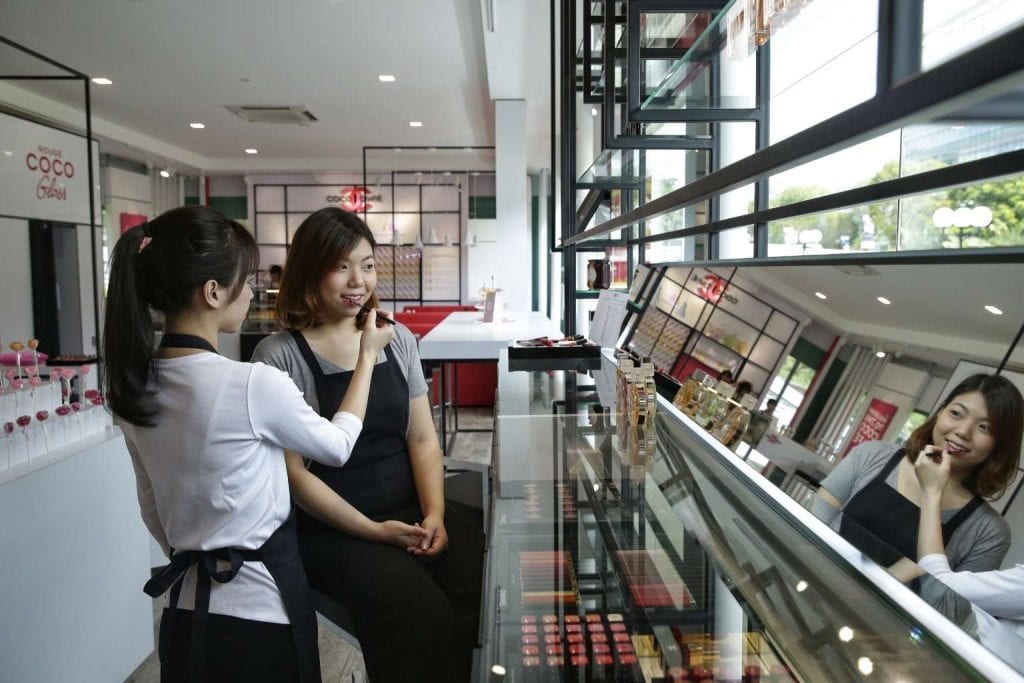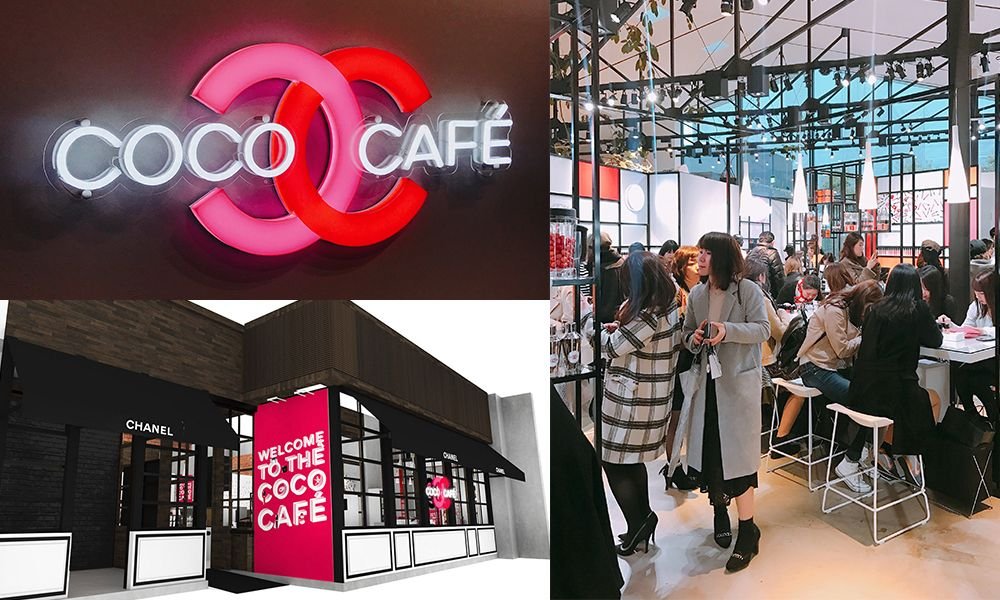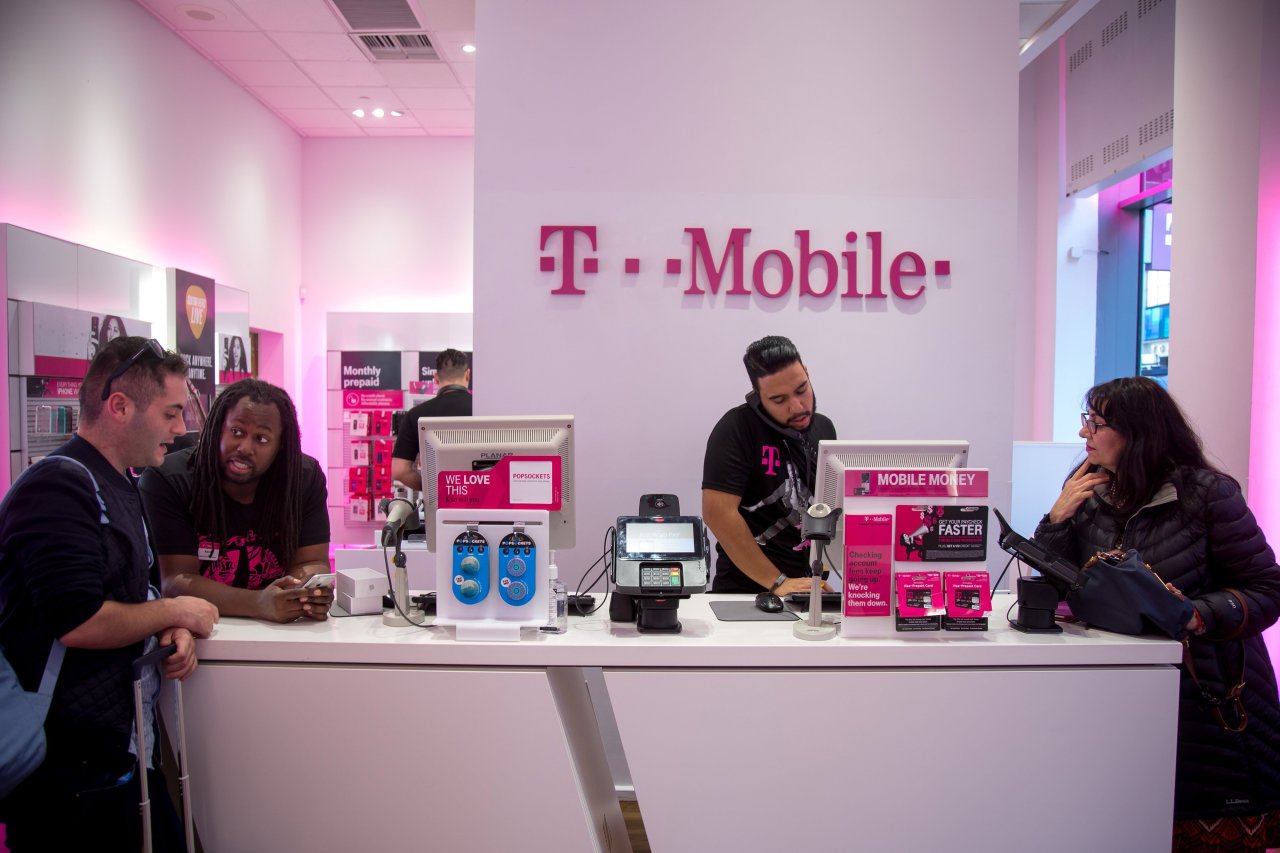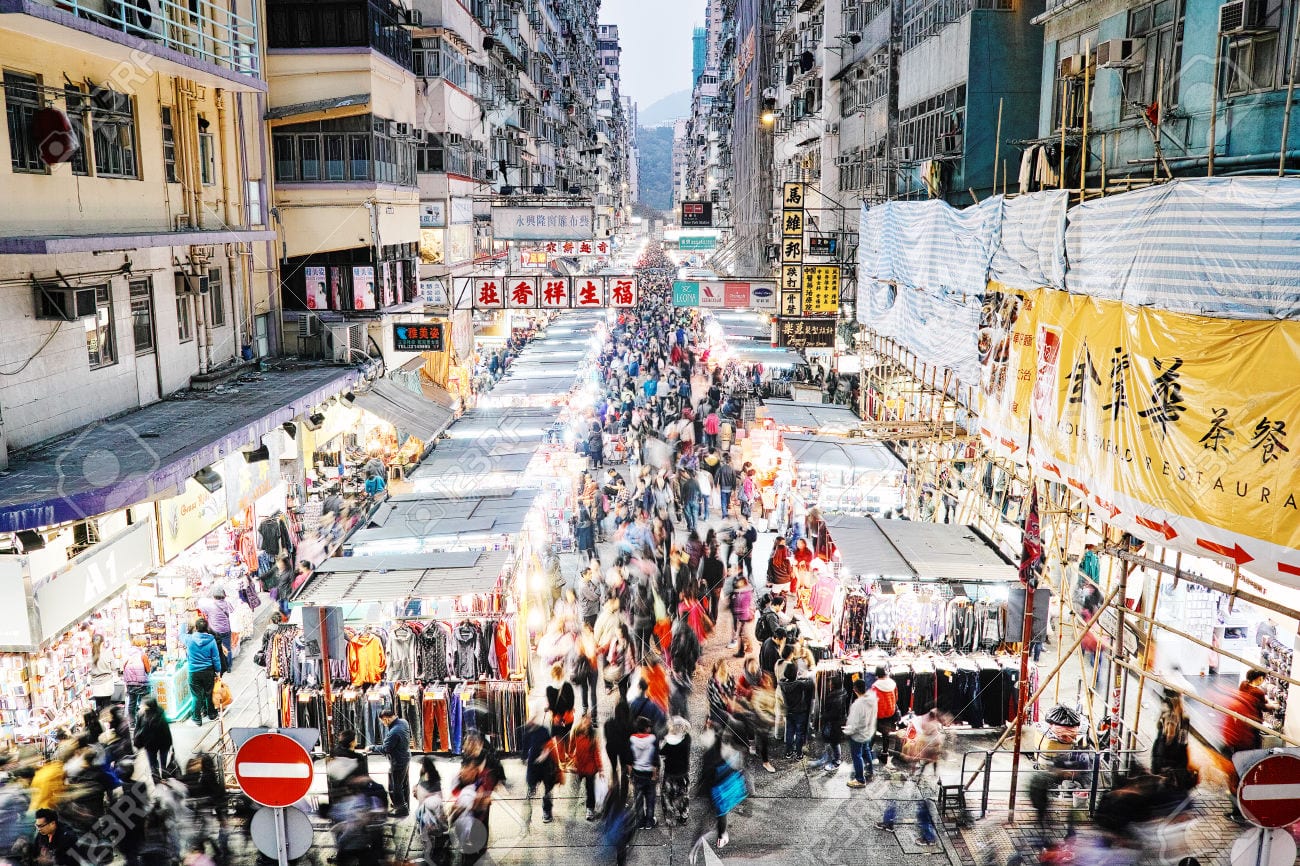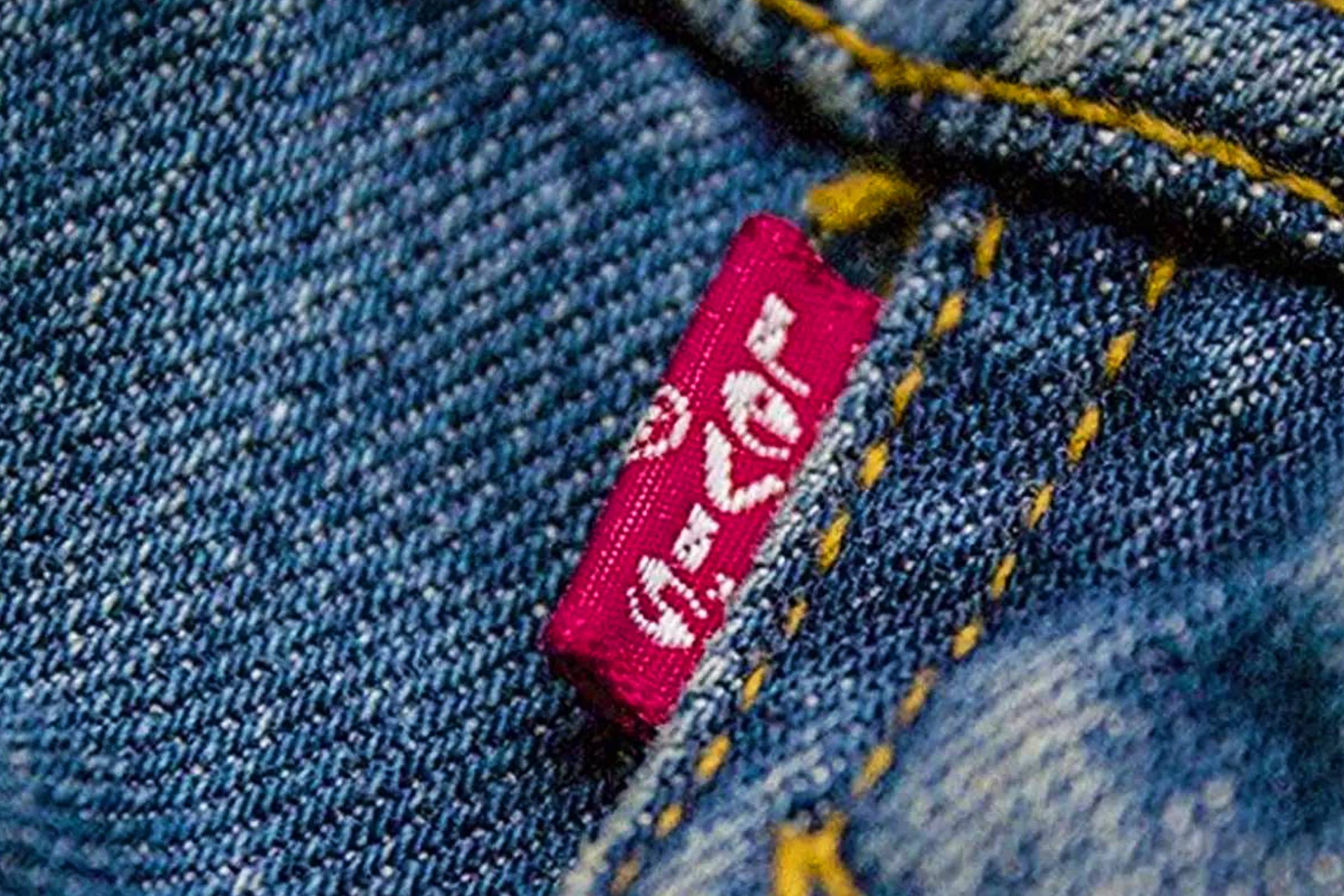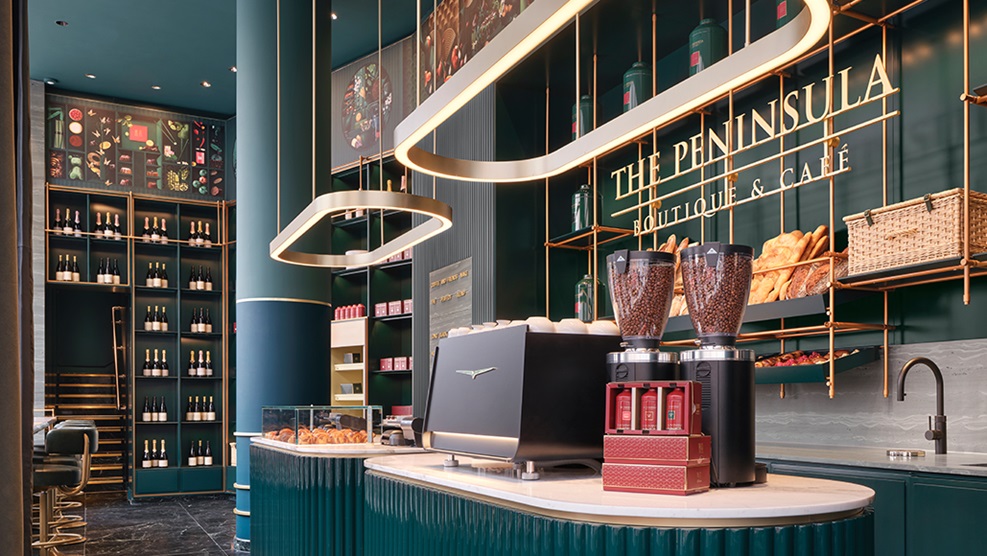Unlike in the US and UK, where pop-up stores are often on the street, pop-up stores in China are mostly set up in shopping malls due to strict regulations. For example, the regulations of the Shanghai Municipality on urban road transport clearly state that the government will not grant any applications from companies to operate a business in front of their stores or on either side of the road. Many cities have adopted similar practices, which leaves brands little choice but to set up their pop-up stores in shopping malls.
Nonetheless, these locations might actually give brands an edge. Shopping malls have a huge amount of foot traffic, attract the right demographics, and offer more convenient setups as amenities are already in place.
In addition, China’s has plenty of shopping malls—the number of large to medium-sized shopping malls in China surpassed 4,000 by the end of 2016, and the number is currently increasing at the rate of 600 to 700 new malls each year.
3. How to do it if you are not in China yet
There are all kinds of pop-up stores—some for sales, some for brand awareness, and some for gaining market insights.
For those who are interested in direct sales, China’s laws and regulations require brands to have a corporate presence in China in order to conduct sales directly. That means brands need to have a Wholly Owned Foreign Enterprise or Foreign Invested Partnership Enterprise in China in order to have a pop-up store to sell products. Brands can also conduct sales through partners, such as distributors or agents.
However, for those brands who do not have the right to conduct sales in China, they can still set up a temporary store just for the sake of outreach to Chinese consumers by letting them experience products.
If brands can successfully entice consumers with their samples, they can direct consumers to place orders on their websites.

